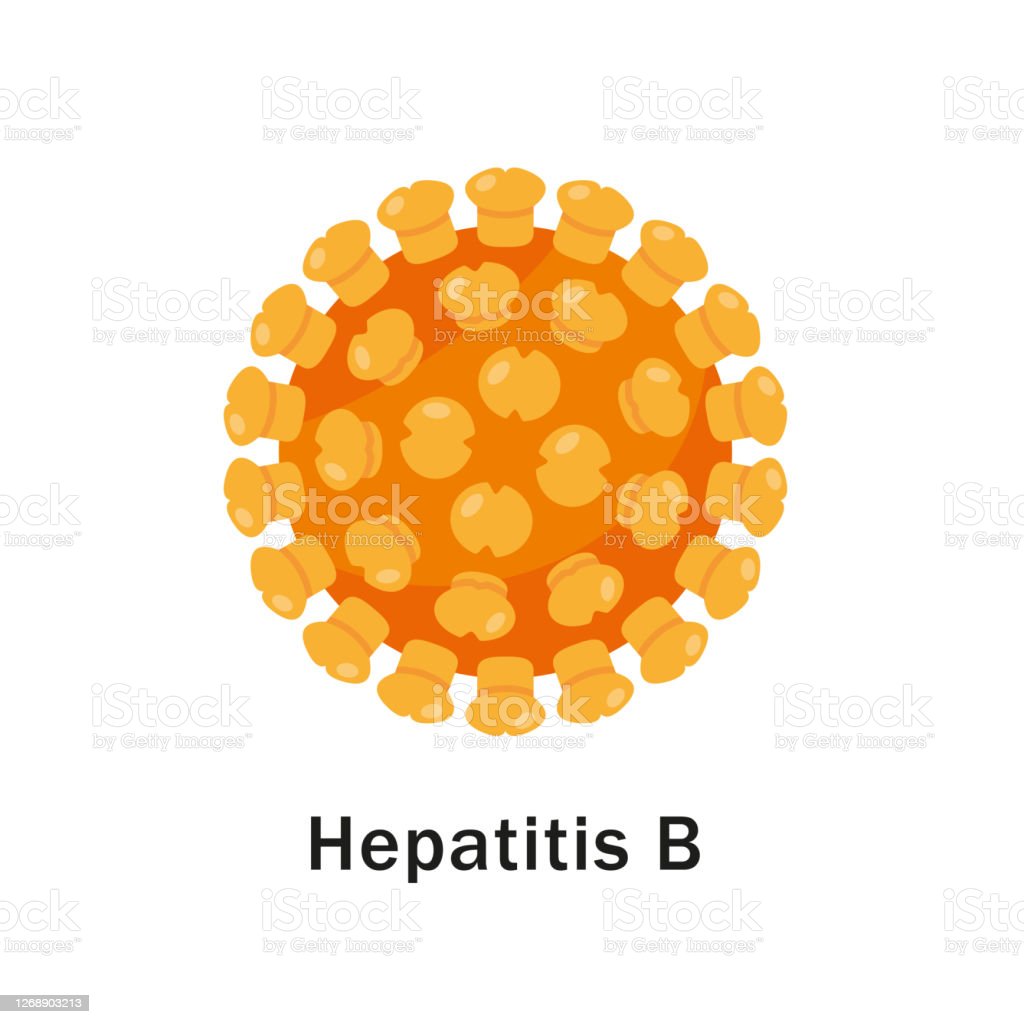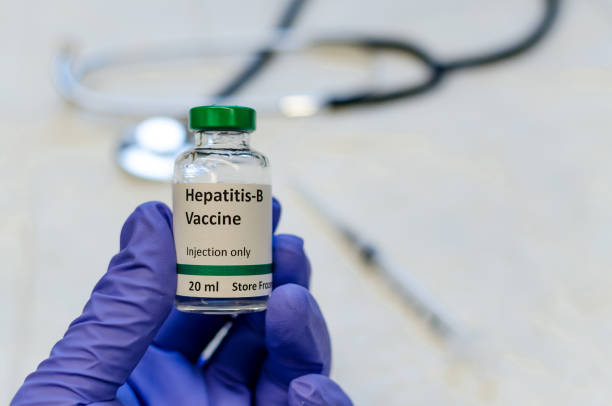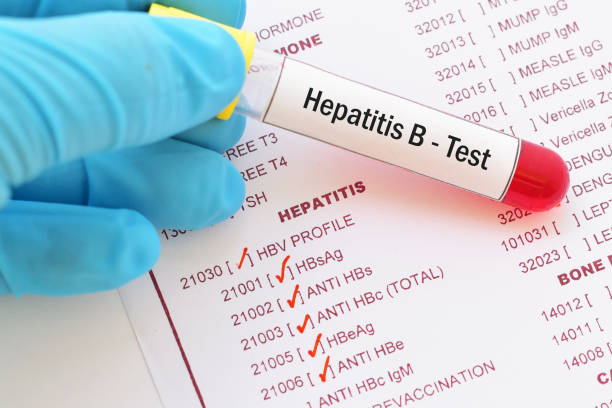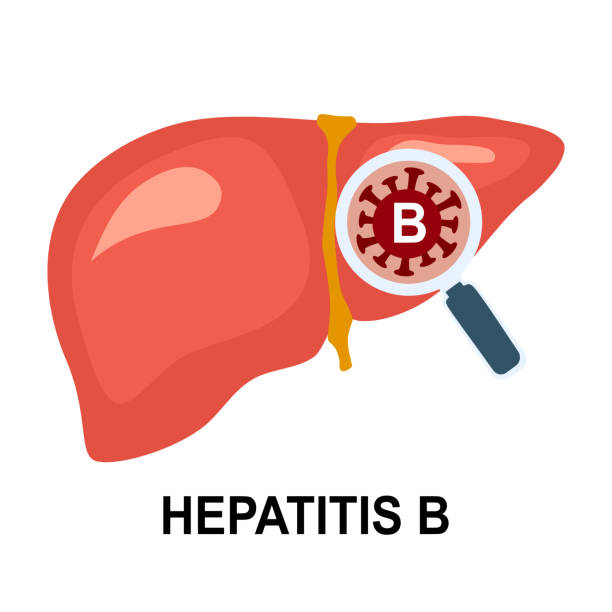Hepatitis B is a serious viral infection that affects the liver, caused by the hepatitis B virus. It is spread through contact with infected blood and body fluids and can have serious long-term health consequences. It is a major global health problem, with around 240 million people worldwide suffering from chronic hepatitis B infection. In this article, we will look at the causes, symptoms and treatments of hepatitis B, and how to reduce the risk of infection. We will also discuss how to get tested and the importance of getting vaccinated. By understanding the virus and taking the necessary precautions, we can reduce the risk of hepatitis B and its complications.
Reference Source
Causes of Hepatitis B
Hepatitis B is caused by the hepatitis B virus, which is a bloodborne pathogen that can lead to serious long-term health complications if left untreated. The virus is present in the blood and bodily fluids of an infected person, and can be transmitted through contact with broken skin (cuts, abrasions), mucous membranes of the genitals (sex), or by consuming contaminated food and drinks. The risk of contracting hepatitis B increases in certain occupations, like healthcare and public safety, and also in high-risk groups, such as people who inject drugs, immigrants from endemic regions, individuals who travel frequently to endemic countries, and people who engage in sex without a condom.
Reference Source

Symptoms of Hepatitis B
Symptoms of hepatitis B include fever, fatigue, abdominal pain, nausea, joint pain, and jaundice (yellowing of the skin and eyes due to elevated levels of bilirubin). The symptoms of hepatitis B can vary from person to person. Some people may experience mild or no symptoms at all, while others may experience a more severe manifestation of the virus. If left untreated, hepatitis B can progress to chronic infection (where the virus remains in the body for a long time), cirrhosis (scarring of the liver tissue), and even liver cancer.
Diagnosis of Hepatitis B
A blood test can determine whether a person has a hepatitis B infection. The blood test will look for the presence of antibodies specific to the hepatitis B virus. If the test result is positive, the person will be diagnosed with hepatitis B. The blood test will also look for a hepatitis B surface antigen (HBSAG), which can indicate the severity of the infection and the liver damage caused by the virus. The blood test is not accurate during the first six months after exposure to the virus. In this case, a hepatitis B IgM test is used to confirm the infection. Hepatitis B can also be diagnosed using a liver biopsy, where a small piece of the liver tissue is removed and examined under a microscope.
Reference Source
Treatment of Hepatitis B
There is no cure for hepatitis B, but treatment is available to ease symptoms and prevent complications. Treatment usually involves bed rest, taking painkillers like acetaminophen or opioids, drinking plenty of water to prevent dehydration, and eating foods high in protein and calories to keep you healthy. Medications may also be prescribed to reduce symptoms and maintain the immune system. In some cases, antiviral medication is prescribed to shorten the duration of the infection and alleviate symptoms. However, these drugs do not eradicate the virus from the body. In rare cases, surgery may be performed to remove the liver or a part of it, if the damage from the virus is severe and there is a risk of liver failure.

Prevention and Vaccination
To prevent contracting hepatitis B, you should avoid sharing razor blades, toothbrushes, and other personal items that come in contact with broken skin. You should also avoid tattoos done with unsterilized equipment and unscreened blood transfusions. You can also reduce your risk of contracting hepatitis B by always using a condom during sex, even if you are in a monogamous relationship, and washing your hands regularly to prevent the spread of bacteria. There is a vaccine available against hepatitis B, which is administered in three doses over a six-month period. If you are at an increased risk of contracting hepatitis B, you should get vaccinated. If you are already infected with the hepatitis B virus, you can reduce the risk of transmitting it to others by getting vaccinated and avoiding exposing others to your blood and bodily fluids.
Complications from Hepatitis B
If left untreated, hepatitis B can progress to a more severe form of the disease, known as acute hepatitis B, chronic hepatitis B, or even liver cirrhosis and liver failure. People with chronic hepatitis B infection will need ongoing treatment, with less severe symptoms than those suffering from acute hepatitis B. Some people will also need to get tested for liver disease, such as liver fibrosis and liver cancer, on a regular basis.
How to Manage Hepatitis B
If you are diagnosed with hepatitis B, you should rest as much as possible to help ease the symptoms of the infection. You can also eat a healthy diet that is rich in proteins and calories to keep your strength up. You should avoid alcohol and recreational drugs, which will only exacerbate the symptoms. You should also avoid certain medications, such as NSAIDs, aspirin, acetaminophen, and ibuprofen, as these can increase the risk of bleeding in the liver due to reduced blood clotting.
Reference Source
Testing for Hepatitis B
If you think that you might have been exposed to the hepatitis B virus, you should get tested as soon as possible. Testing for hepatitis B is recommended for people who have an increased risk of contracting the virus and engaging in risky behavior, such as individuals who have Received blood transfusions or injected drugs, frequent travelers to endemic regions, healthcare workers, and individuals who engage in sex without a condom. Hepatitis B can be detected through a blood test, and those who test positive will be given a vaccination against the virus. If you test positive for hepatitis B, you should also get tested for other bloodborne pathogens, such as HIV and hepatitis C, to get a clearer picture of your health.

Conclusion
Hepatitis B is a serious viral infection that can lead to long-term health complications if left untreated. The virus is transmitted through broken skin, mucous membranes, and contaminated food and drinks, and can be prevented by practicing safe sex and washing your hands regularly. There is a vaccine available against hepatitis B, which can prevent the infection and reduce the risk of transmitting it to others. If you think that you might have been exposed to the hepatitis B virus, you should get tested as soon as possible.
Reference
https://www.mayoclinic.org/diseases-conditions/hepatitis-b/symptoms-causes/syc-20366802
https://www.cdc.gov/hepatitis/hbv/index.htm
https://www.webmd.com/hepatitis/digestive-diseases-hepatitis-b
https://www.medicalnewstoday.com/articles/306288

Hepatitis is a very deadly disease, self-care and the practice of safe sex cannot be over-described, early detection and treatment will do a lot of good.
A friend just died recently of a hepatitis infection. I don't know which of the hepatitis virus. Are there confirmatory tests to distinguish the different viruses?
Yes, there are different tests that can be used to confirm the presence of a hepatitis virus and distinguish between the different types.
Thanks for your contribution to the STEMsocial community. Feel free to join us on discord to get to know the rest of us!
Please consider delegating to the @stemsocial account (85% of the curation rewards are returned).
Thanks for including @stemsocial as a beneficiary, which gives you stronger support.
Congratulations @princeraj1! You have completed the following achievement on the Hive blockchain And have been rewarded with New badge(s)
Your next target is to reach 1250 upvotes.
You can view your badges on your board and compare yourself to others in the Ranking
If you no longer want to receive notifications, reply to this comment with the word
STOPCheck out our last posts:
Support the HiveBuzz project. Vote for our proposal!